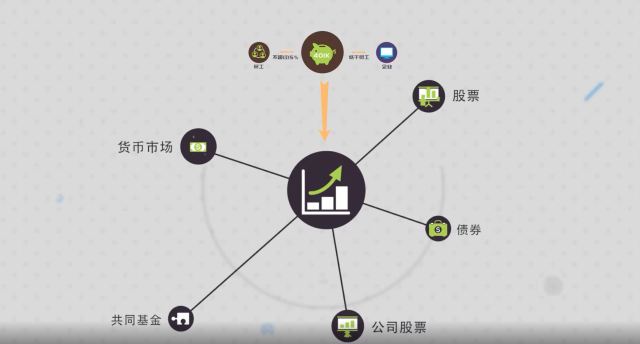Understanding IRS 401k Loan Rules: A Comprehensive Guide to Borrowing from Your Retirement Savings
#### IRS 401k Loan RulesThe IRS 401k loan rules provide essential guidelines for individuals considering borrowing from their 401(k) retirement plans. These……
#### IRS 401k Loan Rules
The IRS 401k loan rules provide essential guidelines for individuals considering borrowing from their 401(k) retirement plans. These rules are crucial for understanding how to access your retirement funds without incurring penalties, as well as the implications of such loans on your long-term savings. In this article, we will delve into the specifics of the IRS 401k loan rules, exploring eligibility, loan limits, repayment terms, and potential risks associated with taking a loan against your retirement savings.
#### Eligibility for 401k Loans
Under the IRS 401k loan rules, not all plans allow loans, so the first step is to check with your plan administrator to determine if your 401(k) plan permits borrowing. If loans are allowed, you typically must be an active participant in the plan. Some plans may also have specific conditions regarding the length of employment or the amount of contributions made before you can take a loan.

#### Loan Limits
According to the IRS 401k loan rules, the maximum amount you can borrow from your 401(k) is the lesser of $50,000 or 50% of your vested account balance. However, if your vested balance is less than $20,000, you can borrow up to $10,000. It’s important to note that these limits are designed to ensure that you do not deplete your retirement savings excessively.
#### Repayment Terms

When you take a loan under the IRS 401k loan rules, you are generally required to repay the loan within five years. However, if the loan is used to purchase your primary residence, the repayment period may be extended. Repayments are typically made through payroll deductions, which means you will pay back both the principal and interest over time. The interest rate is usually set at a rate that is competitive with other lending options, but the interest you pay goes back into your retirement account.
#### Potential Risks
While borrowing from your 401(k) can provide immediate financial relief, there are several risks associated with this decision. First, if you leave your job or are laid off, the loan may become due immediately, and you may be required to repay the full amount within a short timeframe. Failure to do so could result in the loan being treated as a distribution, leading to taxes and penalties. Additionally, borrowing from your retirement savings can hinder your long-term financial growth, as the money taken out does not have the opportunity to earn compound interest.

#### Conclusion
In summary, understanding the IRS 401k loan rules is critical for anyone considering tapping into their retirement savings. While it can offer a solution to immediate financial needs, it’s essential to weigh the pros and cons carefully. Always consult with a financial advisor or your plan administrator to ensure you fully understand the implications of taking a loan against your 401(k) and to explore alternative options that may be available to you. By making informed decisions, you can protect your future financial security while addressing your current needs.